EU Retreats from Russian LNG Import Sanctions Amid Supply Concerns
- by Magritte, Brussels, RNG247
- about 8 months ago
- 148 views
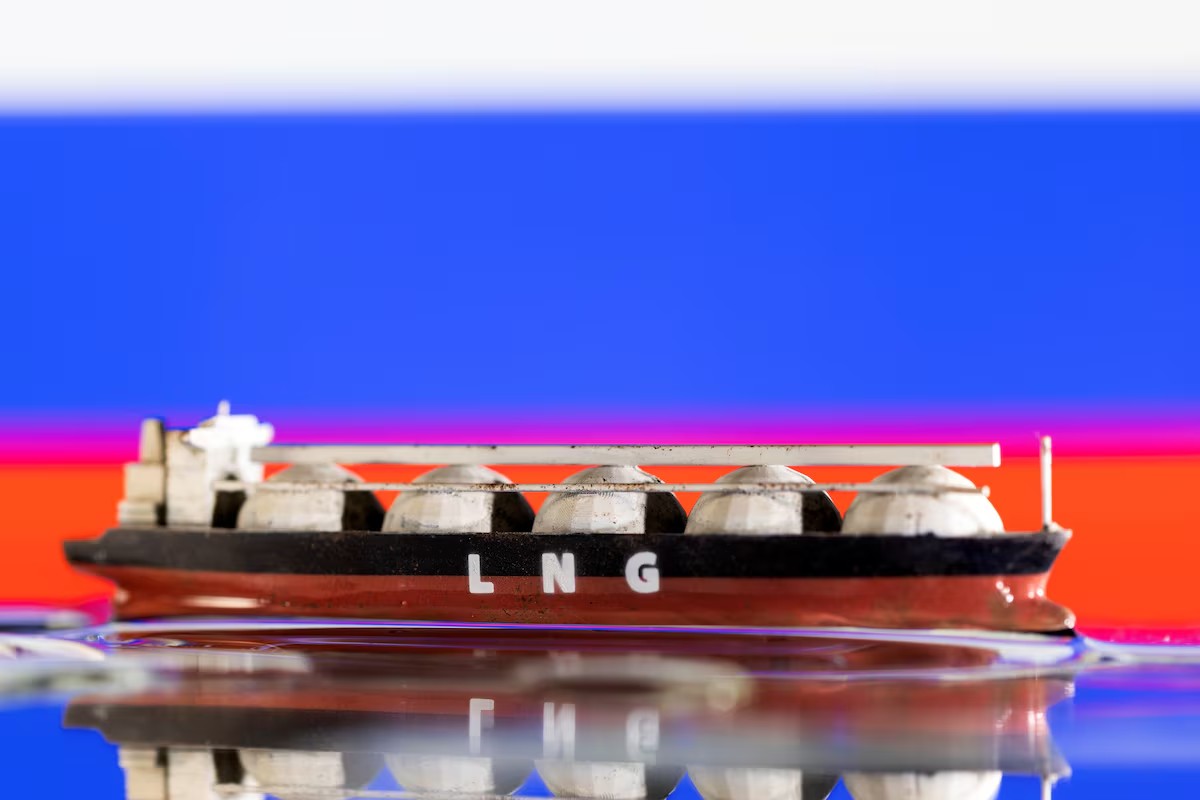
In a significant pivot, European officials have decided to shelve proposals for banning Russian liquefied natural gas (LNG) imports, opting instead to forge a new strategy aimed at reducing the European Union's (EU) dependence on Russian energy sources by 2027. This shift comes as various member states expressed strong opposition, highlighting uncertainty about viable alternative energy options.
As tensions between the EU and Russia escalate, the European Commission is now focused on crafting a comprehensive roadmap, set to be unveiled in early May. However, details regarding this strategy remain vague, leaving many analysts to speculate about the feasibility and effectiveness of potential measures.
While discussions about a ban on Russian LNG imports were reignited in January alongside the consideration of the EU's 16th sanctions package, resistance from member states led to reconsideration. The Commission is currently expected to propose a 17th package of sanctions by June, but insiders suggest that progress on this front has been sluggish, raising questions about the EU's willingness to address its energy crises head-on.
The geopolitical landscape is further complicated by U.S. President Donald Trump’s previous insistence on increasing American gas exports to Europe. EU officials view this as a potential bargaining chip in negotiations with the U.S. for the lifting of existing tariffs. Yet, Washington has yet to articulate its specific demands, leaving the future of transatlantic energy relations unclear.
Coinciding with these discussions, the EU's trade chief met with his U.S. counterpart, marking the initial phase of negotiations between the two powers. The Commission characterized the meeting as a "scoping exercise," emphasizing the necessity for clarity from the U.S. side. "The EU is doing its part. Now, it is necessary for the U.S. to define its position. As with every negotiation, this must be a two-way street," a Commission spokesperson stated.
One unnamed official highlighted concerns about jeopardizing leverage over negotiations by imposing sanctions that could cut off Russian LNG supplies. There is also a palpable caution within the EU hierarchy against inadvertently establishing a new dependency on U.S. natural gas, especially given that the United States ranks as the third-largest gas supplier to the bloc, following Russia and Norway.
As the EU navigates these complex energy dynamics, the call for a robust and sustainable energy policy moving forward remains urgent. The forthcoming roadmap could prove pivotal in redefining the bloc's energy security strategies in a rapidly changing geopolitical climate.




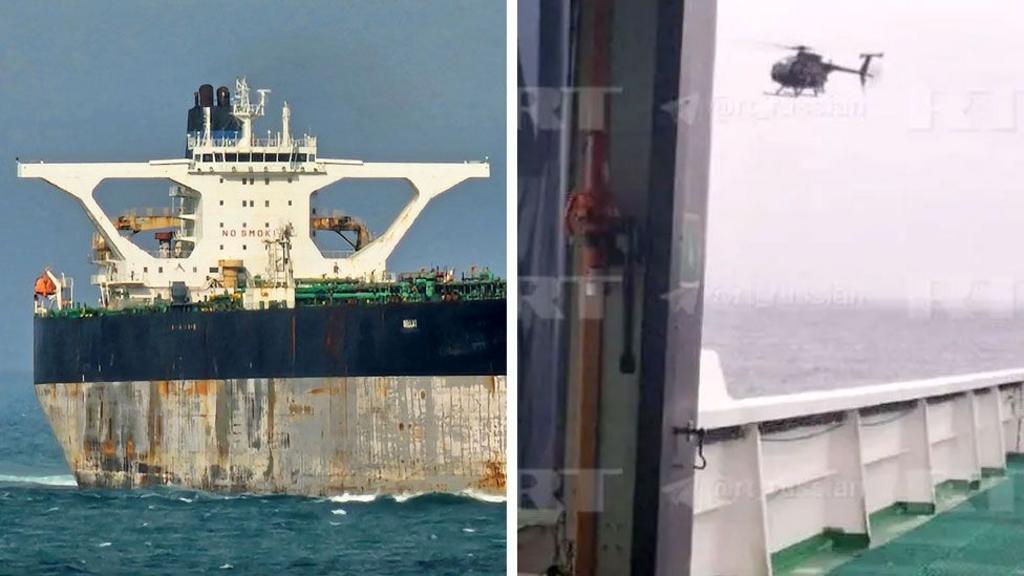
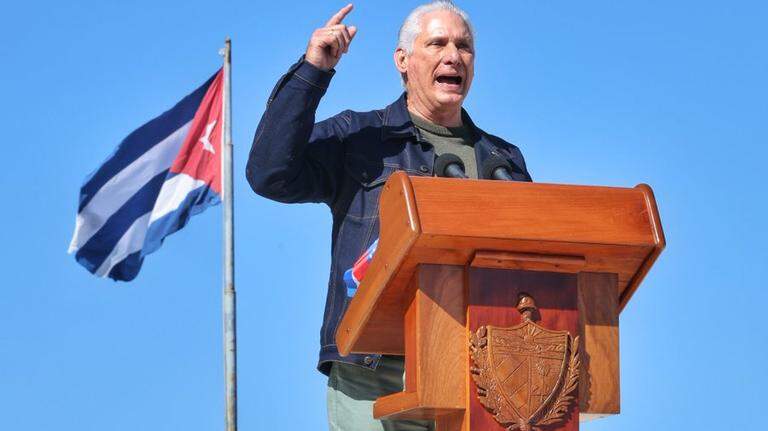
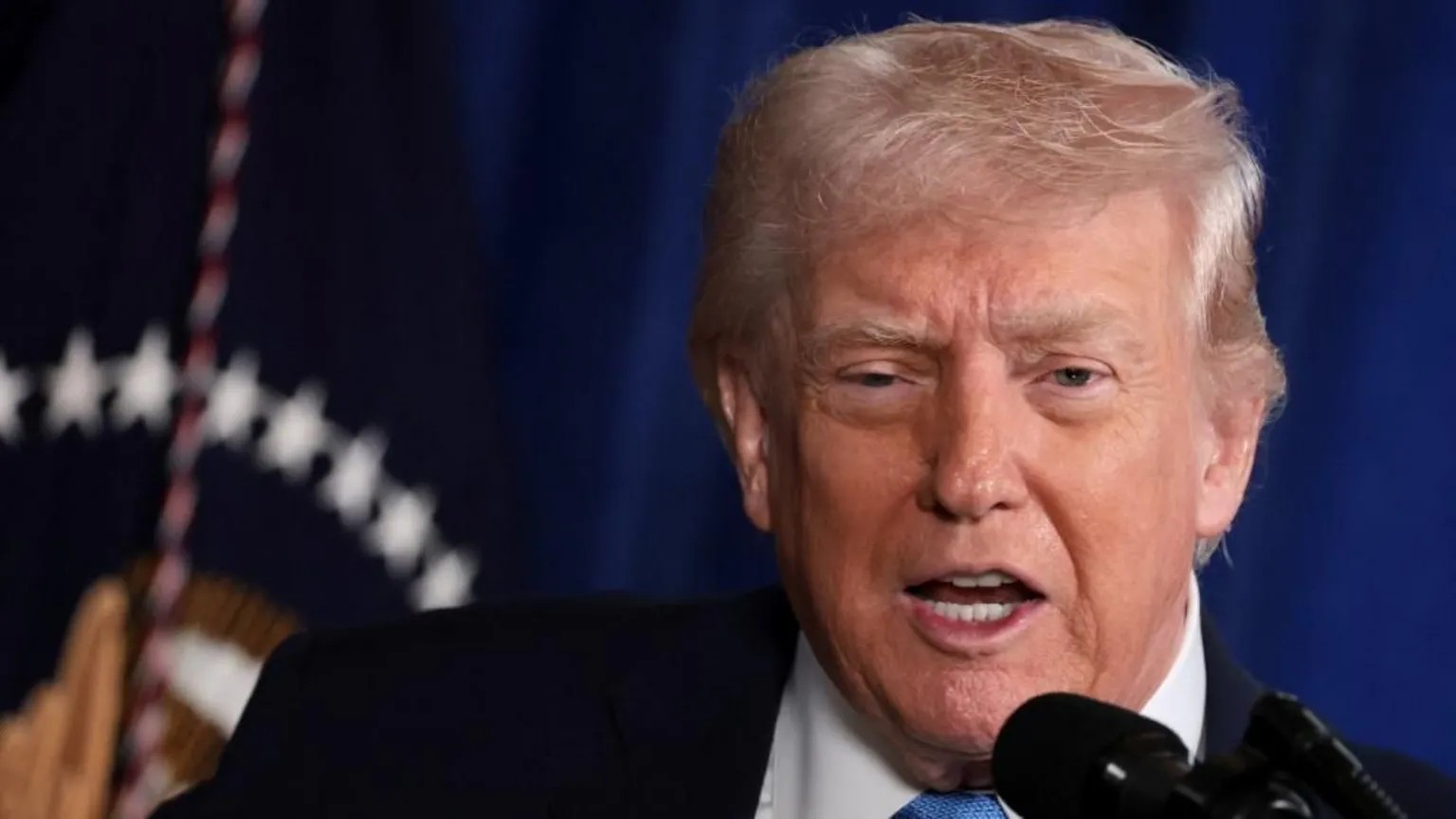
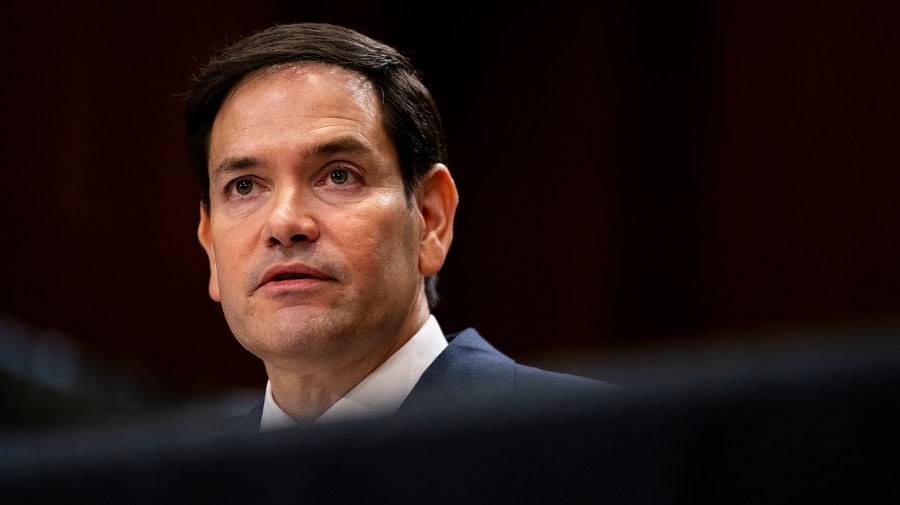
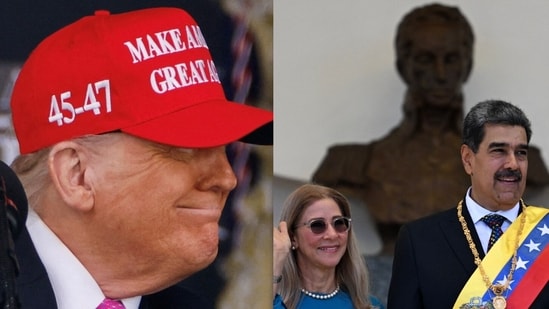

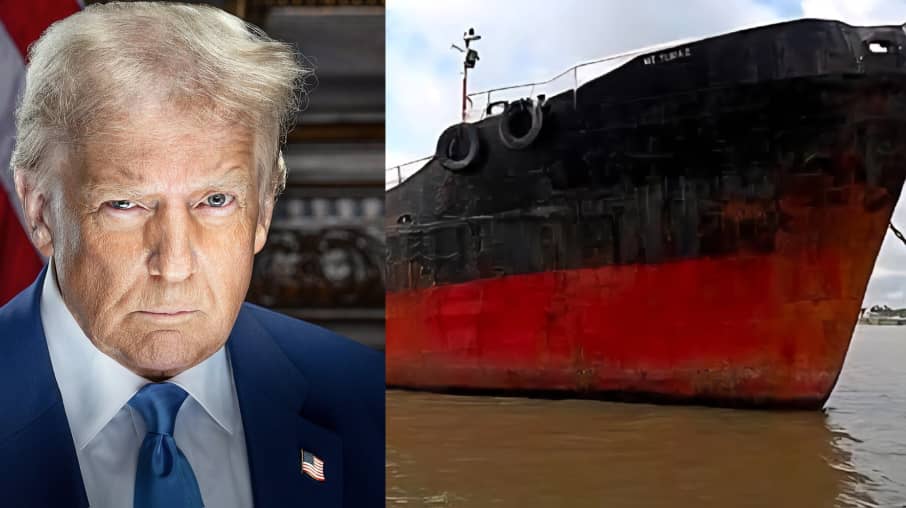



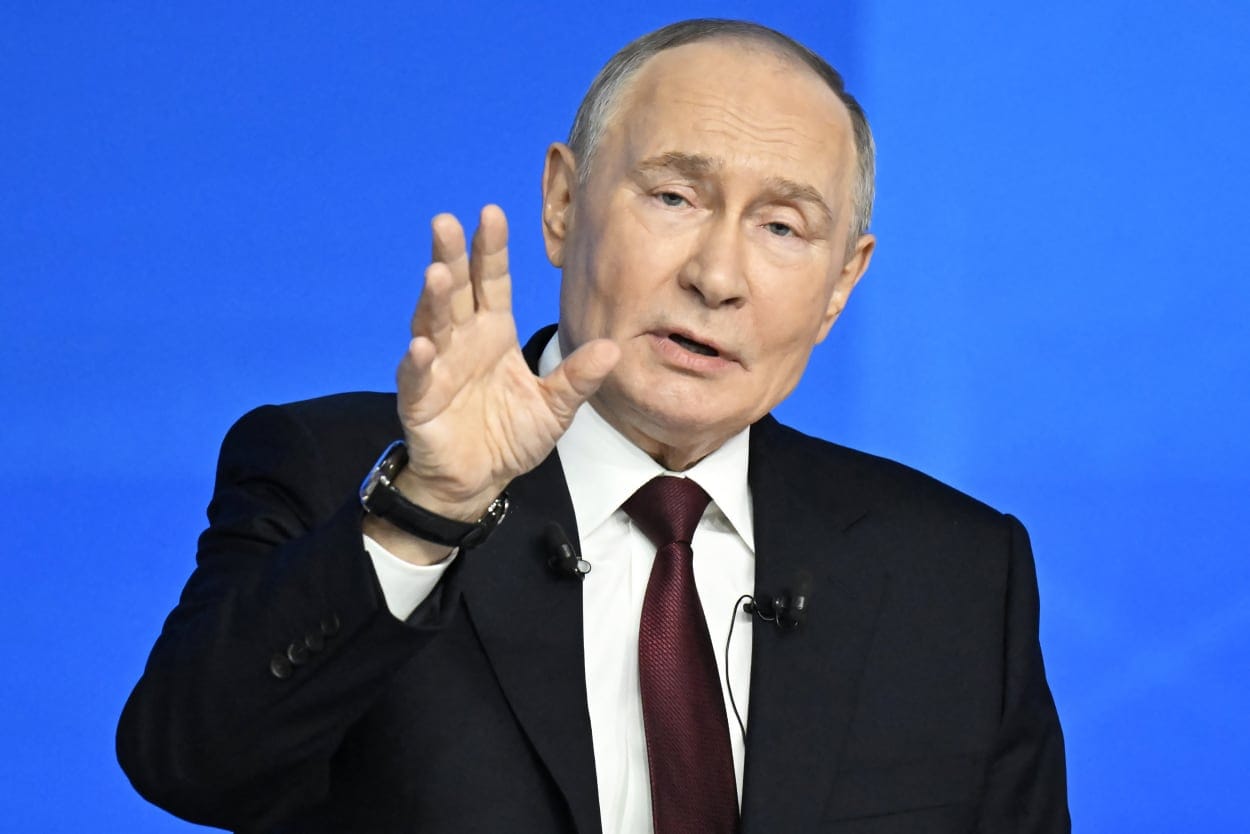

0 Comment(s)